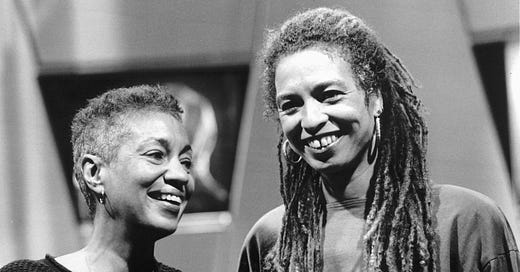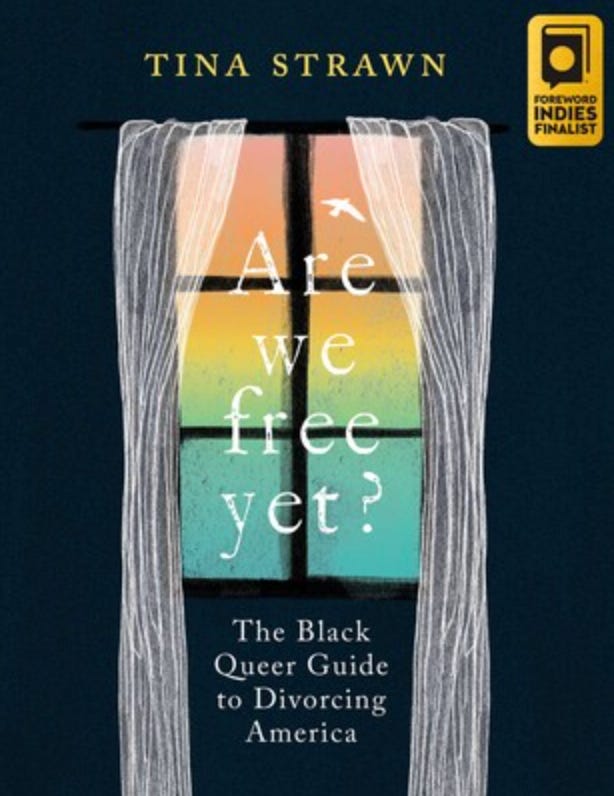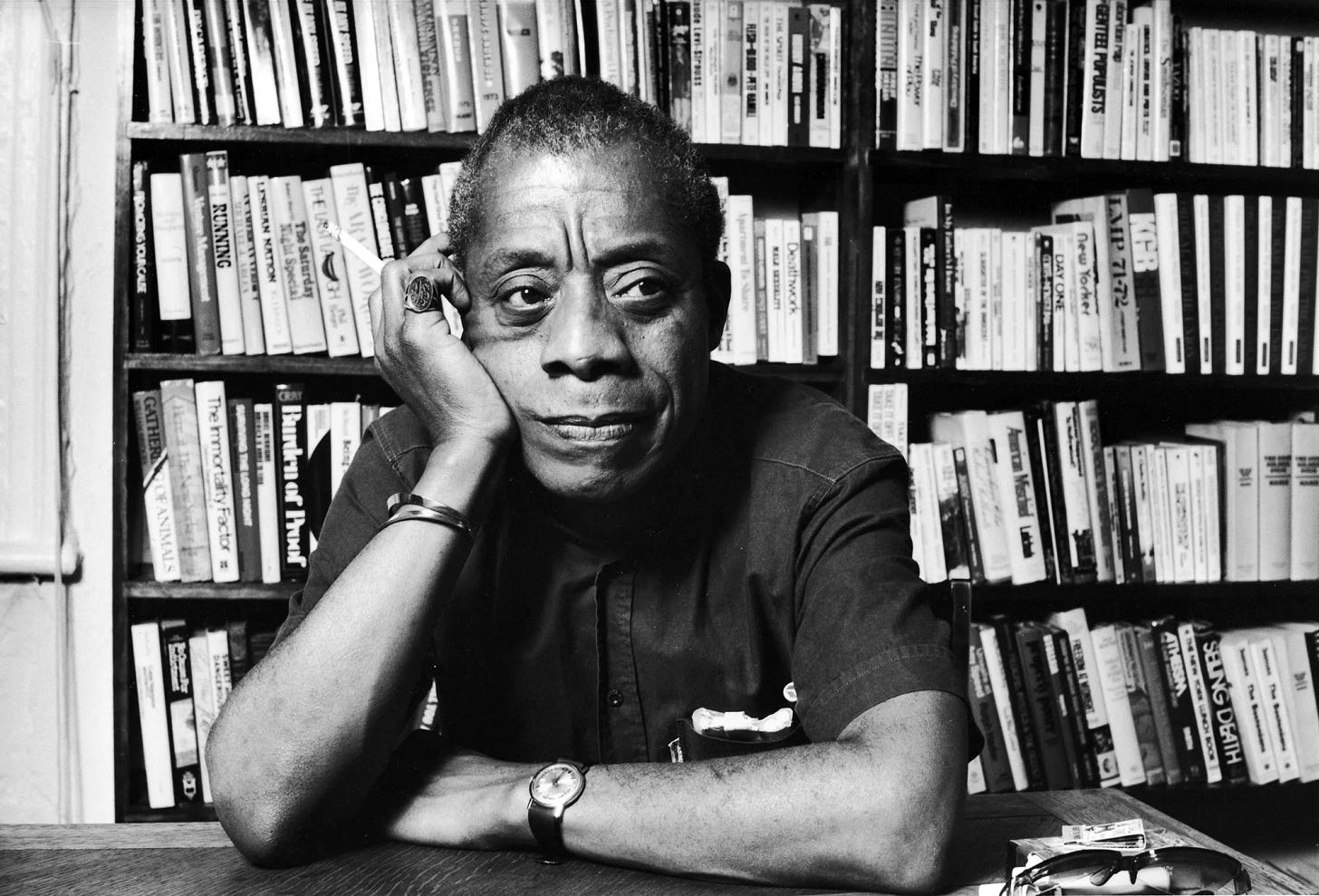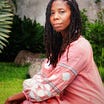Four Truths About Liberation From A Liberation Activist
The radical truth about freedom no one tells you: Why your liberation journey must begin with yourself, and not others.
As someone who considers themself a liberation activist, I spend a lot of time considering, talking, reading, listening, learning and being a student of the theory, and living into the practice of liberation.
Over the past few years, my definition of what a liberation activist is has expanded and I now define it as someone who is actively searching for what liberation looks like for themselves, for the purpose of and with the intention of liberating themselves. A liberation activist also is someone who actively seeks to live in a way that contributes to the liberation of others. A liberation activist is not only someone who understands that our liberation is bound up with each other, but they also embody the truth that no one is free until everyone is free.
“For to be free is not merely to cast off one’s chains, but to live in a way that respects and enhances the freedom of others.” — Nelson Mandela
And there is a LOT to explore and discover and unpack when you choose to become a student of collective liberation and to be in consistent practice with what that means to us personally, as well as collectively.
You can only get free after you’ve first realized that you are not currently free. Once you acknowledge that you are not free, then you must decide if you wish to start to try and change your state of being from oppressed to liberated.
True lasting change begins inside of each of us. Our inner realities, lived experiences and cultural backgrounds are some of the places we form the ways in which we view and interact with the world. Inside of ourselves, in our own hearts and minds, is where we interrogate and unpack, where we ask ourselves questions. What questions are you asking? Where do you find the answering? Does the answer come from inside of you? Or do your answers come from outside of you?
Although I am still very much in progress as someone committed to living as free as possible, here are four truths I have compiled and learned along the way.
You can only save yourself.
You cannot save anyone.
We cannot save everyone.
Not everybody wants to be saved.
You can only save yourself
No one can walk your freedom steps for you. It is not for me or anyone else to tell you what your liberation path should look like. You decide. You choose. No one else.
You must consider in what ways you feel free and in what ways you feel oppressed. How does living in the country where you live feel? What about your marriage or relationships and friendships? What about your job?
Locating in our bodies where we feel free can serve as a road map for feeling free in other areas of our lives. Audre Lorde taught us about that in her essay, Uses of the Erotic.
Ask yourself, what is your relationship with not just freedom in a broad and general sense. Make it personal . . . what is your relationship with your own sense of freedom.
“Liberation is ultimately a celebration of our deepest humanity, and our fight for it must include a deeper examination of how we relate to oppressive systems while centering our joy, peace, and pleasure.” — an excerpt from my book, Are We Free Yet? The Black Queer Guide To Divorcing America
The first person you will and must save is yourself. For how can you save someone else when you can’t, when you haven’t even saved yourself?
This is the very reason we are taught to put on our own oxygen mask first when we get on a plane.
“You’ve got to learn to leave the table when love’s no longer being served.” — Nina Simone
You can not save anyone
Unpopular opinion: People have to save themselves. That is why you must start with yourself.
I suspect that if you are a human who has been in any kind of relationship with another human, at some point, you have wanted to help someone. And chances are you have at some point experienced what it is like trying to help someone who will not help themselves. And if you haven’t, then let me be the first to tell you that trying to help someone who refuses to help themselves is a losing, uphill battle. It’s a loss if a person is not ready to help or save themselves because you typically only come to realize this after you’ve already lost some things whether time, energy, money, effort, etc. And it can be an uphill battle because you may find yourself putting in a lot of effort with suggestions and offers for assistance and ideas and different perspectives and oftentimes real labor (whether emotionally and/or financially), only to find that the person you are trying to help (or save) doesn’t, won’t or can’t put in their own version or level of the work it takes to change and affect their own situation.
This reality will hit you hard one day when you realize and accept it. Everyone has to make the decision to save themselves before beginning to plot how to save anyone else.
“We have to talk about liberating minds as well as liberating society.” — Angela Davis
We cannot save everyone
Another unpopular opinion: you are only one person and you can only do so much.
This is not at all to negate the importance and significance of what one person can do. This is actually a call to recognize that as one person, you can and must do something. It is simply beneficial to acknowledge and release yourself from the misguided obligation that you are responsible to save every single person, which is an impossibility. Free yourself from needing to be the savior of the world and you will have a healthier, less delusional framing of liberation to work from. Do what you can do. And there is much to be done, no doubt. But release yourself from the false assignment of needing to, having to, and being responsible for saving everyone.
A savior is someone who saves. Some call that person a messiah. But messiahs and salvation must be accepted. And salvation looks different to different people. Just like the messiah is different to different people. Are you taking on a savior role? What could it look like to take off your superhero cape and stop answering the bat signal, and try showing up as an accomplice or an ally, not a savior, instead?
“Look closely at the present you are constructing: it should look like the future you are dreaming.” — Alice Walker
Not everybody wants to be saved.
“Freedom is not something that anybody can be given; freedom is something people take and people are as free as they want to be. One hasn’t got to have an enormous military machine in order to be un-free when it’s simpler to be asleep, when it’s simpler to be apathetic, when it’s simpler, in fact, not to want to be free, to think that something else is more important.” — James Baldwin
This one is easily the hardest lesson I’ve learned. Most people actually prefer to remain in an oppressed state because it is what they have come to know and it has been normalized to the point that liberation is seen as too radical, too dangerous, too risky, and not worth the trouble. Point blank: most people would rather stay oppressed because it is easier than doing the work to get free. And as long as the oppressors throw little Super Bowl parties every now and then, people distract and convince themselves that this present day flavor of oppression isn’t all that bad.
Let us come to terms with the reality that people are going to die. A lot of them. So many already have. Too many. And still there will be more who will die. I may die in my quest for freedom. I may die denying myself the chance to try. Guaranteed that I will die either way. It is not a matter of if one will die, only a matter of how. Freedom is choice. I get to choose, and you get to choose, to some degree, how we will live and how we will die. Will we live lives where we aren’t free? Will we die trying to get free? We get to choose what we are willing to live and die for. A death chosen is a death in dignity. Some will die martyrs. Some will die heroes. Others will die victims.
Some will die fighting for their homes. Some will die fleeing.
May their names be praised.
Some will die on the bloody road of resistance on their way to freedom.
On the very path where their feet trod, some will falter, stumble, and fall.
Blessed be their names.
But guess who will also die? Oppressors will die. Colonizers will die. Murderers and genociders will die. Empires and all their agents die too.
Both the master and the slave die. What do you think happens to the person who is neither master nor slave?
Find the free people. Find those who have already liberated themselves. Then sit with them. Talk to them. Learn from them. Be sure to ask them what they did, and how they did it. Listen to them, write down what they say, see what rings true for you. Try it, try something, try anything. Then try again, but this time with a few adjustments. Evaluate it, rest. Feeling more liberated? Then go tell somebody else how you started to unshackle yourself. Don’t tell them how to get themselves free because you can’t do that. That would make you their god. And unless you plan to go around seeking worshippers, simply give your testimony of what your liberator did for you. And if your liberator can do it for you, their liberator can do it for them.
Be a liberator with your life. And point others to the liberator within their own selves. And then let’s lock our liberated arms together and bring others along on this liberation journey.
“I was born a Black woman and now I am become a Palestinian against the relentless laughter of evil there is less and less living room and where are my loved ones? It is time to make our way home.” — June Jordan









"Not everybody wants to be saved."
Ooof. Yes.
This resonates deeply with so much I’ve been sitting with.
I believe one of the greatest gifts we can offer others is our own confidence—because once we’re secure in who we are, our focus shifts from being seen to seeing others. And helping someone feel truly seen might be one of the most liberating acts we can give.
Our own liberation often begins by dismantling the blind spots we’ve built around our identity—defenses meant to protect how we see ourselves and the world. These blind spots feed confirmation bias and keep us from the truth. From reality. It takes courage to peek around them. But once we see what’s on the other side, the walls no longer serve us. They start to crumble.
When someone isn’t ready, though, they deny what they’ve seen. They reinforce the barrier—taller, wider—because that identity challenge feels too big. Too threatening. If they don’t feel safe—don’t believe they’ll still be loved, accepted, welcomed into the tribe—then the risk of being wrong feels unbearable.
And if we’re still busy protecting our own identities, we simply can’t offer the kind of empathy or safety that others need to begin their own liberation.
We can’t liberate everyone.
But by liberating ourselves, we make it far more possible.